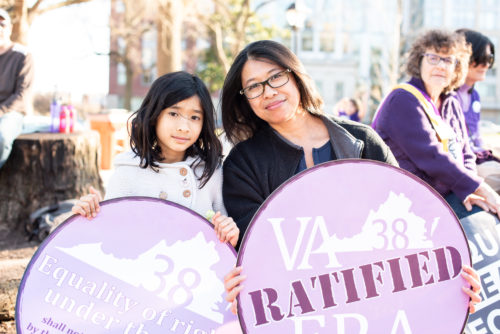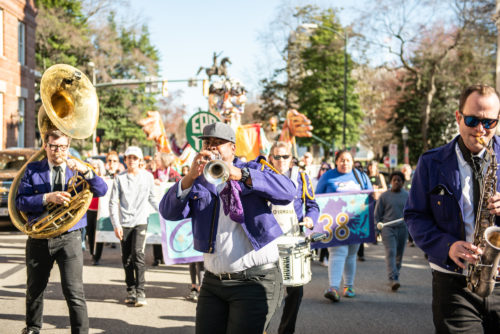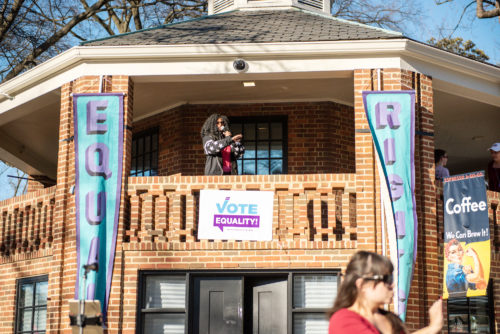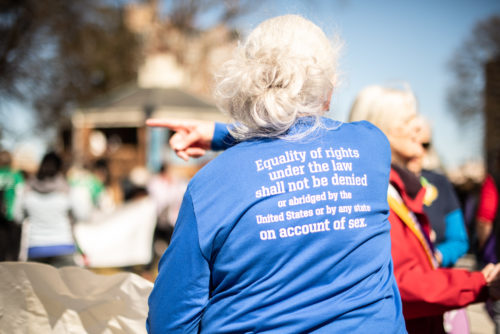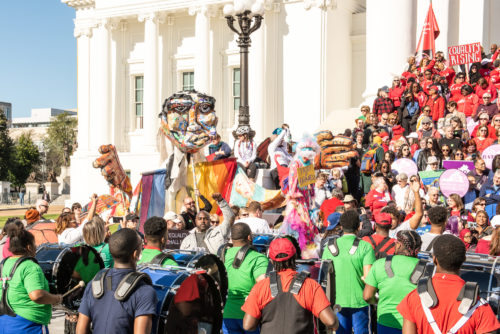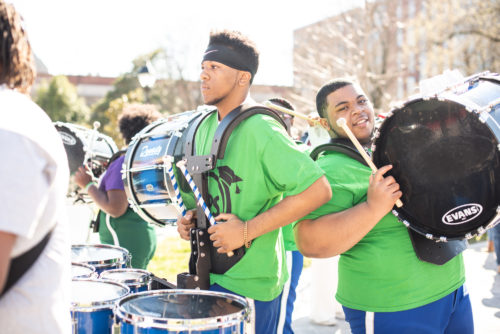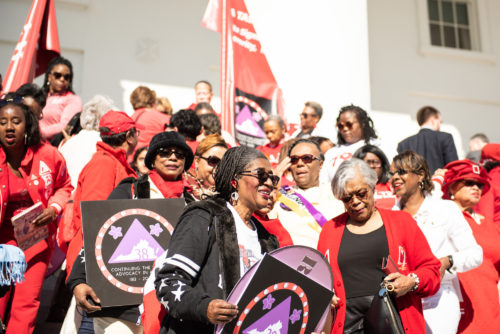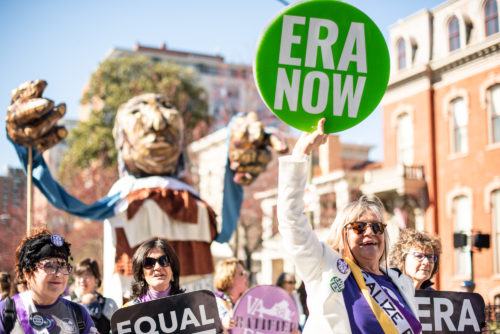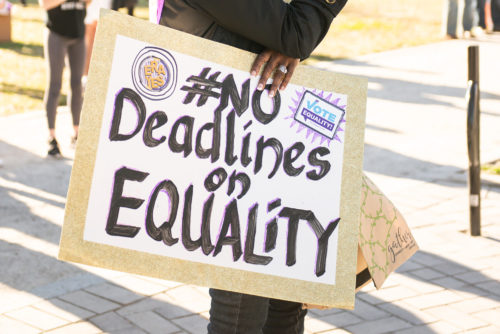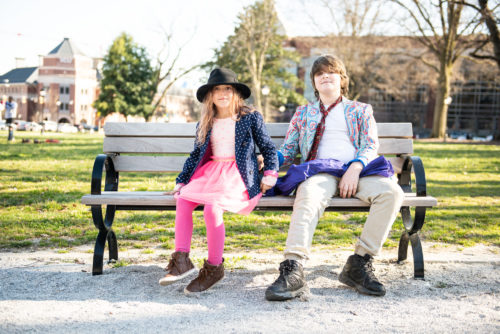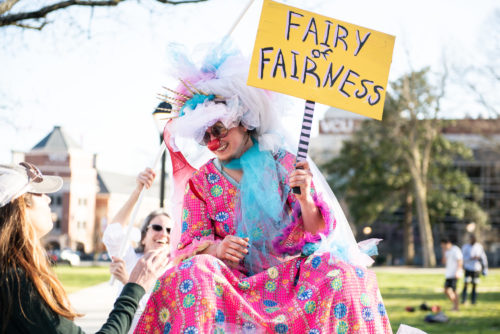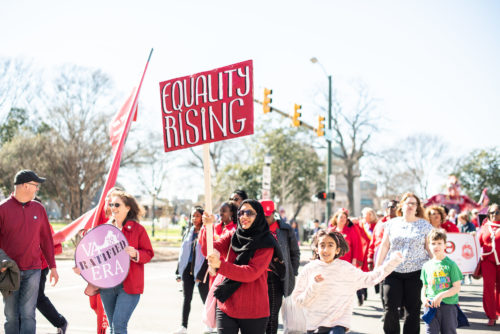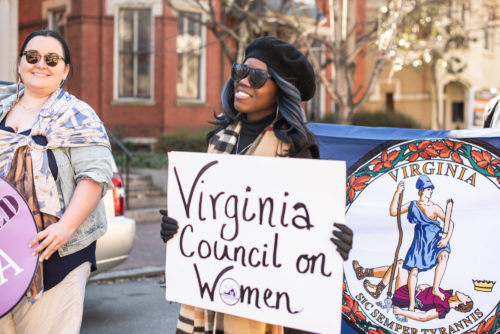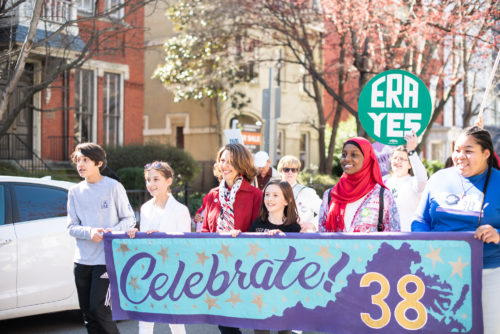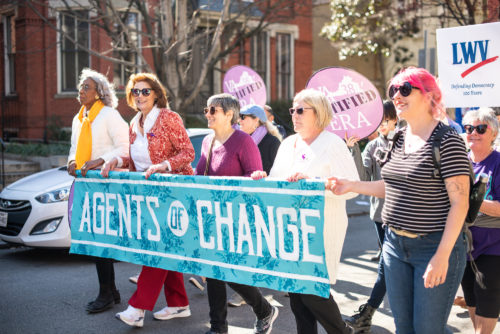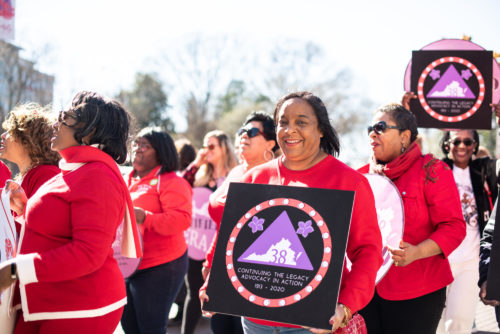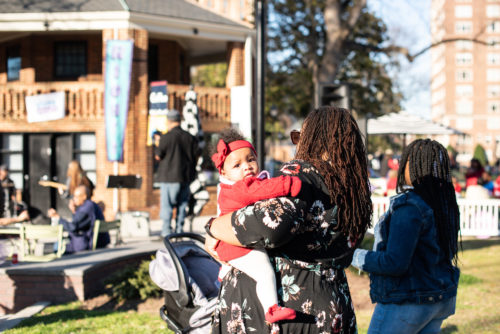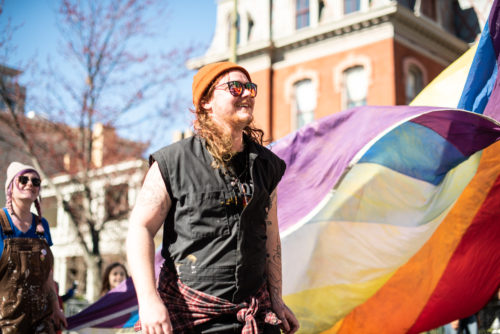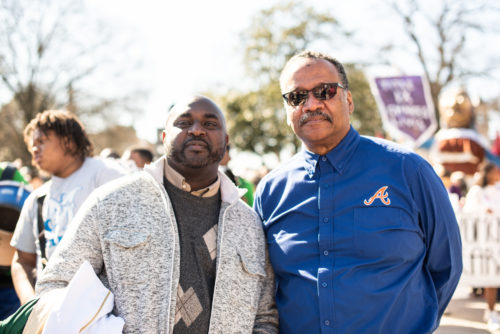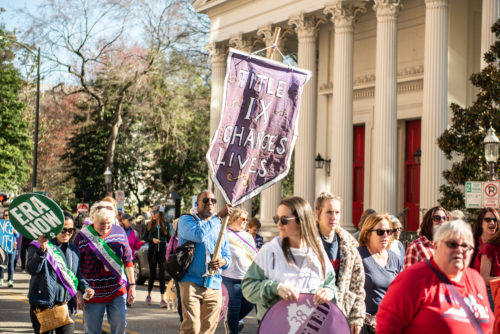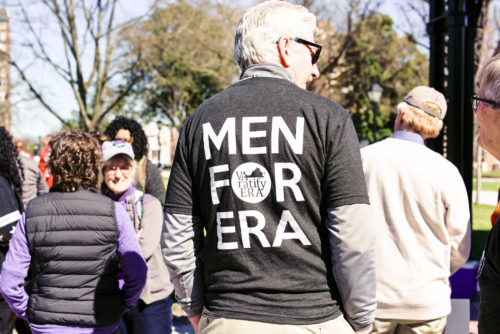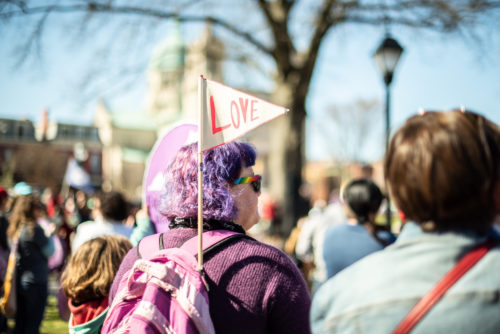“How will the Equal Rights Amendment impact family law?”
- The 28th Amendment will be directly applicable to the many cases of state sanctioned sex discrimination in areas of child marriage, divorce, custody, adoption and citizenship. Besides the highly anticipated coverage of females, the amendment will also protect fmales and LGBTQ+ people.
- Almost 300,000 minors were married in the U.S. between 2000 and 2018. (source: Equality Now)
- Child marriage is currently legal in 37 states. Did you know that only Connecticut, New Jersey, Delaware, Minnesota, Massachuttes, Virginia (as of July 1, 2024), New York, Vermont, Rhode Island and Pennsylvania have laws in place that prohibit marriage under the age of 18, with no exceptions?
- Women in every state report injustice in their family law cases, especially battered mothers trying to protect their children from abusive fathers who aggressively litigate against them. (source: National Organization for Women Foundation)
- The US Immigration and Nationality Act confers citizenship on children of unmarried U.S. citizen fathers and noncitizen mothers born outside the U.S. only if they meet certain requirements. This is one area of state sponsored sex discrimination that could be challenged with the 28th Amendment in place. (source, US Citizen and Immigration Services)
- An American Bar Association report states that “state-sanctioned discrimination against LGBTQ+ individuals who wish to raise children has dramatically increased in recent years.” At the moment, 13 states now permit state-licensed welfare agencies to refuse to place children with LGBTQ individuals.(sources, The Hill and LGBTMAP.org)
ADDITIONAL FAQs

